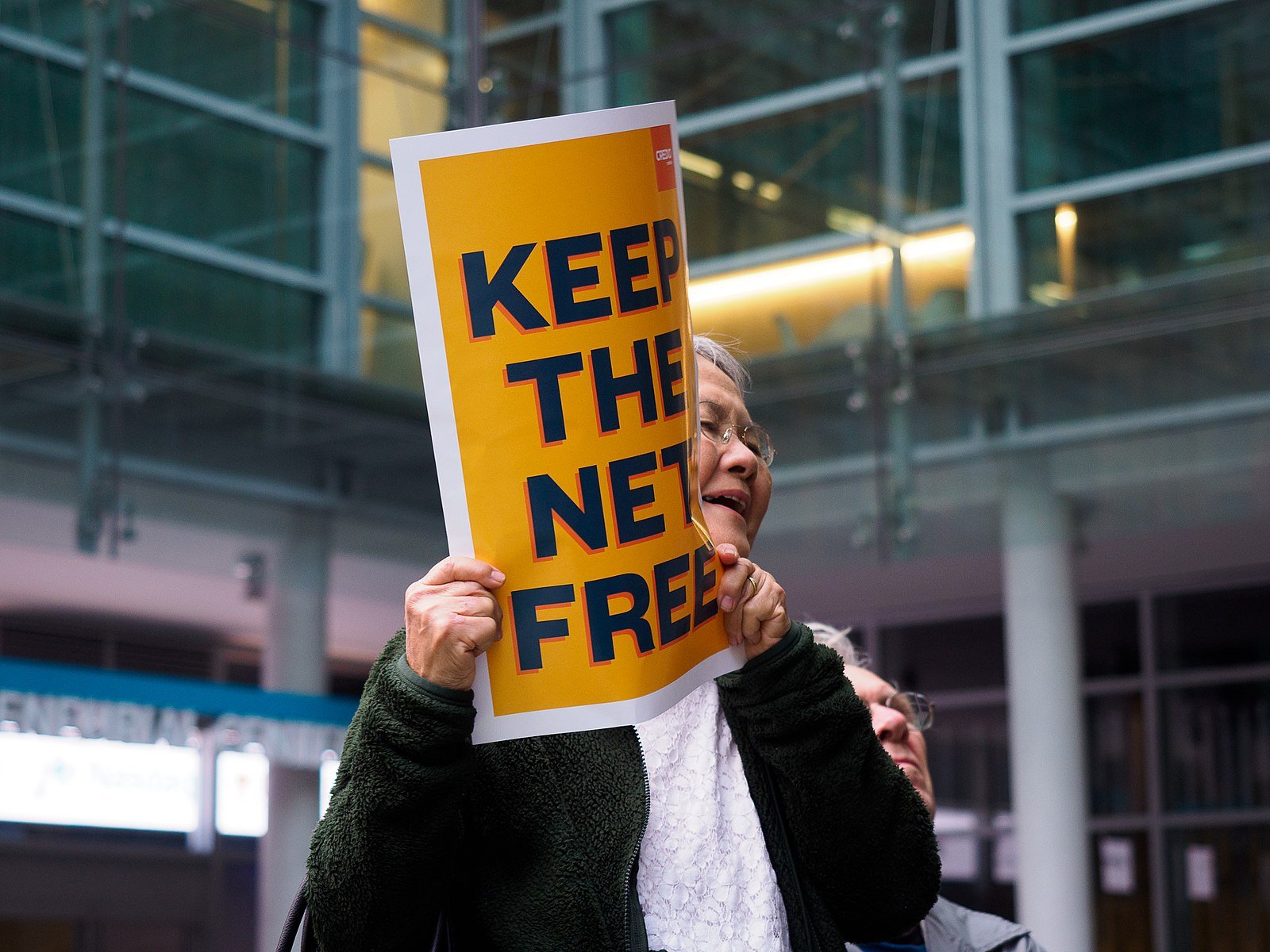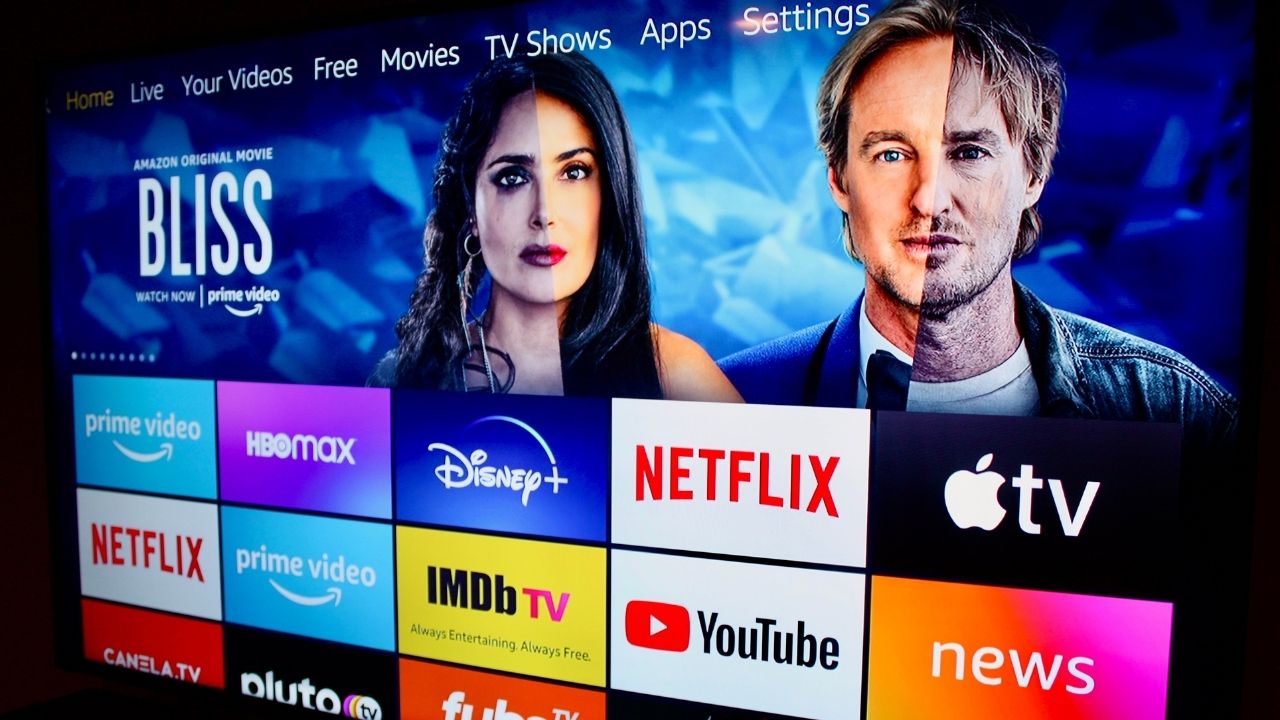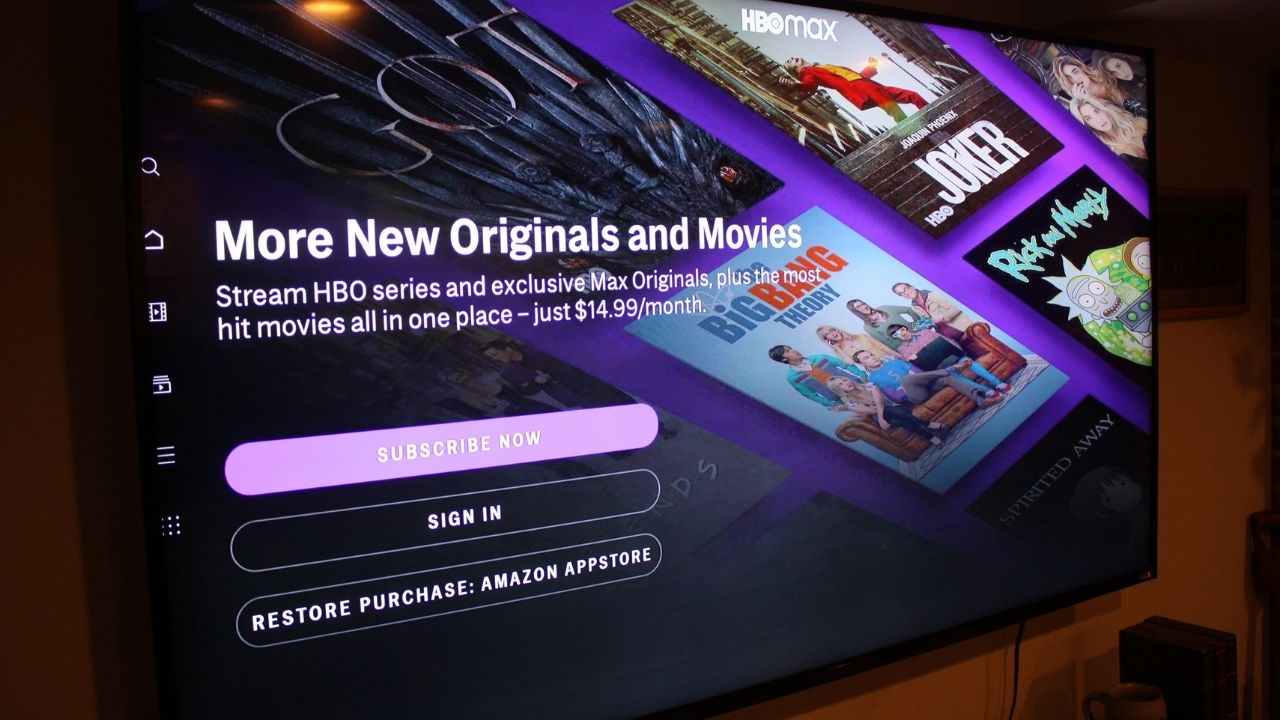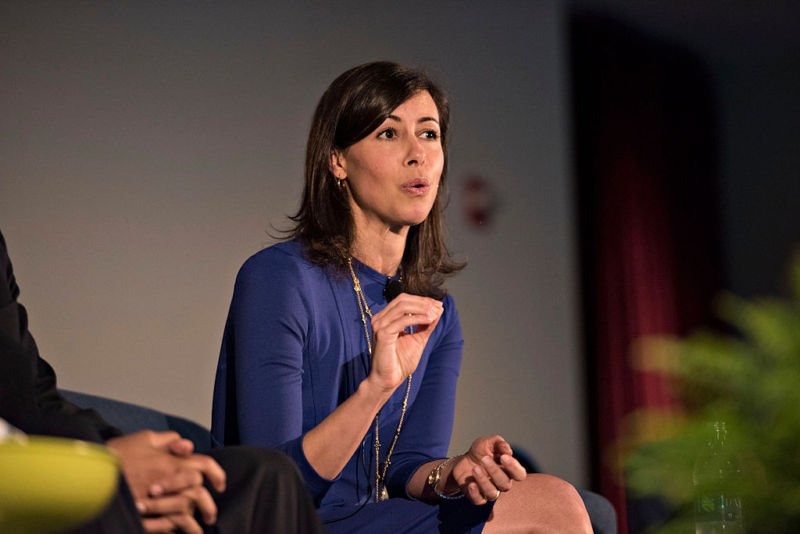Net neutrality: Why it's time to start paying attention again

In a wide-ranging executive order released in early July, U.S. President Joe Biden made a call to the Federal Communications Commission to reinstate net neutrality rules that would require companies to treat all internet traffic equally. Net neutrality is important, some experts say, but its importance is cyclical, coming and going with different seasons. They say that consumers should be paying attention to what happens now, but they shouldn't be too worried about it.
The Biden administration has seen the digital divide grow over the past year as the COVID-19 pandemic affected households across the country. Admin officials say that the lack of competition is what is causing this divide.
The administration believes that reinstating the net neutrality rules adopted in 2015 under former President Barack Obama will ensure that big broadband companies do not abuse their power over their networks. Those rules were repealed under a Republican-led FCC during the Trump administration.
"Big providers can use their power to discriminatorily block or slow down online services," a fact sheet from the White House said. "The Obama-Biden Administration's FCC adopted net neutrality rules required these companies to treat all internet service equally, but this was undone in 2017."
What is Net Neutrality?
To put it simply, it's the basic principle that ensures all users have the same level of access when browsing the internet. It means that internet service providers (ISPs) cannot slow down, speed up, or block any service, apps on the best Android devices, or website.
Carmi Levy, a technology analyst, said in an interview that it also means that it does not allow for service providers to give preferential access to specific customers, applications, or services:
"It ensures that deep-pocketed users and companies will not be able to buy their way toward faster or otherwise better internet access, while the rest of us languish behind."
He explained that if we didn't have net neutrality, the internet could be comparable to a highway with a toll, "which could open the door to all manner of inequality among individuals, organizations, and nations."
"That's net neutrality, and advocates say we're in danger of losing that when carriers introduce restrictive and preferential policies like zero-rated services - where they don't charge some users for certain services, or allow all-you-can-stream access to some users, but not all," he said.
What happened in 2015 and 2017 with net neutrality?
Duncan Stewart, director of technology, media, and telecommunications research at Deloitte Canada, said in an interview that the concept of net neutrality isn't a new one and has been spoken about for years.
In 2015, the rules adopted under FCC Chairman Tom Wheeler meant that broadband service providers were not allowed to block or slow access to the internet or charge extra for faster access.
"(It's) the idea that an unnamed telco, which happens to have a streaming video service might, for example, impair a competing video service's video stream, so that it would be a less good experience and drive people to their own service," Stewart explained.
The 2015 FCC rules allowed the agency to police broadband abuses and ensured that broadband companies had to be more transparent on pricing.
In 2017, the FCC voted in favor of removing tough net neutrality rules that were put in place to prevent internet providers from blocking and throttling traffic and offering paid fast lanes. Instead, the new rules now indicate that companies can do this practice, so long as they publicly state they will do it.
Have I really experienced throttling of services because net neutrality was repealed?
While many experts would argue that this is the biggest reason we have a digital divide, Stewart says that in the past few years most consumers have not really been experiencing that much throttling globally.
"In multiple countries, we have seen certainly, with landlines there used to be caps on landlines and there still are, but they're now so ridiculously high that virtually nobody bumps up against them," he said.
He added that nowadays, even mobile phone plans have gotten so large that people are finding it hard to use up all their data, resulting in carriers not needing to throttle.
Stewart explained that undue preference that comes from net neutrality can only be a viable discussion if it is really a scarce resource, and "bandwidth and cap data, in general, are not a scarce resource at present."
"One of the reasons that people have generally moved net neutrality debates about regulation down the priority line is that for technological reasons, the various ways that carriers would show undue preference just aren't happening in the real world," he said.
"The pace of wireline and wireless broadband innovation in terms of both speeds and caps has kind of kept running far enough in front of net neutrality. When it comes down to specifically things about speeds and perhaps in streaming services, it's kind of a moot point."
Roger Entner, a telecom analyst and founder of Recon Analytics, agreed with Stewart adding that nothing really changed since net neutrality was repealed.
"If you look at it, the internet experience has become better and better since then, there have been no net neutrality violations to speak of. The internet experience didn't get better when the FCC implemented net neutrality, and despite scaremongering, the internet didn't go into a screeching halt when (net neutrality) was abolished," he said.
"So from a consumer perspective, nothing will change."
Why should I care about net neutrality if nothing really changed and technology is so good that it is outpacing the rules of net neutrality?
Levy said that we need to care about net neutrality because if it goes away, the "technological underpinning of modern society - a free and open internet that offers, in theory, equal opportunity to all - allows well-capitalized players to use their size and money to outcompete smaller, less-well-heeled users, like you and me."
Simply put, if the internet is not neutral, it won't be fair, effective, and efficient.
That being said, Stewart said that while it is an important topic, it's not really something that consumers should really worry about.
"Speaking as somebody who is doing research on tech media and telecom regulation, globally, I think consumers should pay an awful lot more attention to issues around artificial intelligence, content moderation, Big Technology being perhaps too big. Those are larger and important issues than net neutrality," he said.
Who really benefits from net neutrality?
Big Tech companies in Silicon Valley are the real beneficiaries of net neutrality, Entner argues.
He says that while consumers are being told that net neutrality is in their benefit, it's really for the benefit of the largest companies in the world like Google and Facebook.
Levy agreed and added that companies like Google are potentially at risk in a less-neutral future because "an open-standards-driven internet encourages the kind of broad-based activity that drives billions of people to use its services and powers its massive advertising machine."
He says that Google's primary responsibility is to its stakeholders and specifically prioritizes maximizing returns on their behalf.
"So any chance to the neutrality level of the internet would likely be met with similar shifts in policy and service offerings from Google - and in fairness, all other digital players - to shift revenue streams away from areas that might suffer from an internet with more restrictive lanes, kand toward areas that align more closely with the interests of the newly empowered winners of the neutrality wars - basically those with pockets deep enough to buy better access."
He added that whatever the outcome is, Google will adapt and do what it takes to please stakeholders.
Is net neutrality a political issue?
At the crux of this all, however, is that net neutrality is a political topic and one that is very cyclical, or a topic that occurs in cycles.
Levy noted that internet policy is political policy and that we would be "naive to believe it isn't anything but."
"Indeed, political parties on all sides of the ideological spectrum are waking up to the possibilities inherent in using political power to shift telecommunications policy in a direction that aligns with their respective world view," he said.
What should I be paying attention to now with net neutrality?
Because the current executive order is only a call for the restoration of net neutrality it's only a step towards shifting internet policy and is only a start.
"Executive orders are not laws, and if this particular one is to result in any lasting change, the FCC will need to implement new regulations that enshrine net neutrality and separate it from the whims of whatever administration happens to be in power," Levy said.
However, Biden still has to appoint a fifth FCC commissioner, one who would likely support net neutrality and is in alignment with breaking the current 2-2 ideological deadlock.
"Even if Biden succeeds in getting his fifth commissioner appointed, there's still a long and winding road ahead to change the definition back and update the framework to prevent such political meddling in the future," Levy explained. "So don't expect netneutrality to magically return anytime soon."




No comments